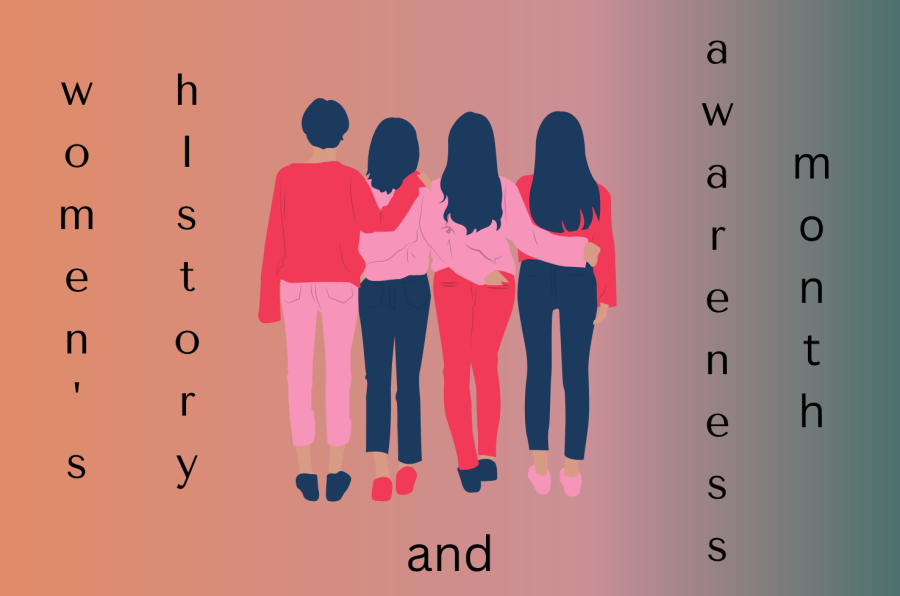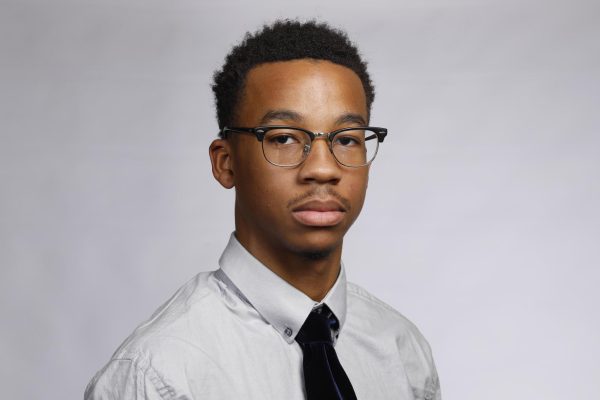EIU professor says women’s history needs to be understood
March 1, 2023
Bonnie Laughlin-Schultz is a professor of history and runs the history with teacher licensure program. She is also affiliated faculty with women, gender and sexuality studies.
Laughlin-Schultz said she has been interested in women’s history before she even understood that women’s history was something to be studied.
Growing up, she read a series of books with female protagonists overcoming obstacles.
Laughlin-Schultz passion in this field is from 19th century American history.
When she first attended college, at Knox College in Galesburg, Ill., it was during a time when women’s history classes were first being offered. With the help of her advisor, Wendy Amber, whom was a women’s historian, she was able to obtain more assistance with earning her PhD.
For her dissertation, Laughlin-Schultz wrote about the family of abolitionist John Brown, who was an American in the 1850’s that opposed slavery and believed that it was okay to use violence to end slavery. He had 20 kids and two wives.
Brown and his group of 21 men raided a federal arsenal to obtain weapons, but they all ended up dying, Laughlin-Schultz said. She also said that he became a famous abolitionist symbol in 1859, and inspired people.
“I was like ‘Okay, what is it like to be the wife or to be the daughter and the descendant of [Brown],’” Laughlin-Schultz said.
Laughlin-Schultz wrote a book titled ‘The Tie That Bound Us: The Women of John Brown’s Family and the Legacy of Radical Abolitionism’ which came out in 2011.
Before coming to Eastern in 2012, she taught general history courses in high schools.
When she came to Eastern, she was greeted by other teachers who were teaching the women in American history classes.
“They were super awesome to let me start teaching it because sometimes, understandably, people have a class they teach, love and don’t want to give it” Laughlin-Schultz said.
Laughlin-Schultz recalled receiving the email that she was going to be teaching the course and said she was “so excited.”
Laughlin-Schultz believes that people to understand modern history, people must understand U.S. history.
“So much of modern American is steeped in our history, and to really understand the present, you need to understand the past,” Laughlin-Schultz said. “To that, I would also say a lot of times when you teach a women’s history class, it’s mainly young women who sign up for it, and sometimes they see the usefulness because it’s about them.”
Laughlin-Schultz believes people should take more history courses. She understands that people can/should take whatever classes they want but thinks that taking history can be beneficial to everyone.
Laughlin-Schultz gave an example about the Roe v. Wade case and how to fully understand the importance and meaning of the case, people need to go back and research the history of the case.
Laughlin-Schultz believes her passion of teaching stemmed from her passion of history and she feels like she is doing something useful when she is teaching it. Both of her parents were teachers and that was another source of her enthusiasm for teaching.
“I saw them having a huge impact on students, not just in the subject matter that we teach, but sort of their ability to help students,” Laughlin-Schultz said. “I like how being a college professor, you can combine your love of research with your love if teaching and bring that sort of more specialized classes.”
Even outside of the classroom, Laughlin-Schultz said she is involved in this area. She writes and does research on women’s history.
The end goal she wants for her students is for them to have a better concept of the world.
“I hope they leave my classroom with a better understanding of the current world around them, a better understanding of the past as well and even a better understanding of themselves and their own communities,” Laughlin-Schultz said.
Cam’ron Hardy can be reached at 581-2812 or at dennewsdesk@gmail.com.

















![[Thumbnail Edition] Senior Foward Macy McGlone, getsw the ball and gets the point during the first half of the game aginst Western Illinois University,, Eastern Illinois University Lost to Western Illinois University Thursday March 6 20205, 78-75 EIU lost making it the end of their season](https://www.dailyeasternnews.com/wp-content/uploads/2025/03/WBB_OVC_03_O-1-e1743361637111-1200x614.jpg)




















































